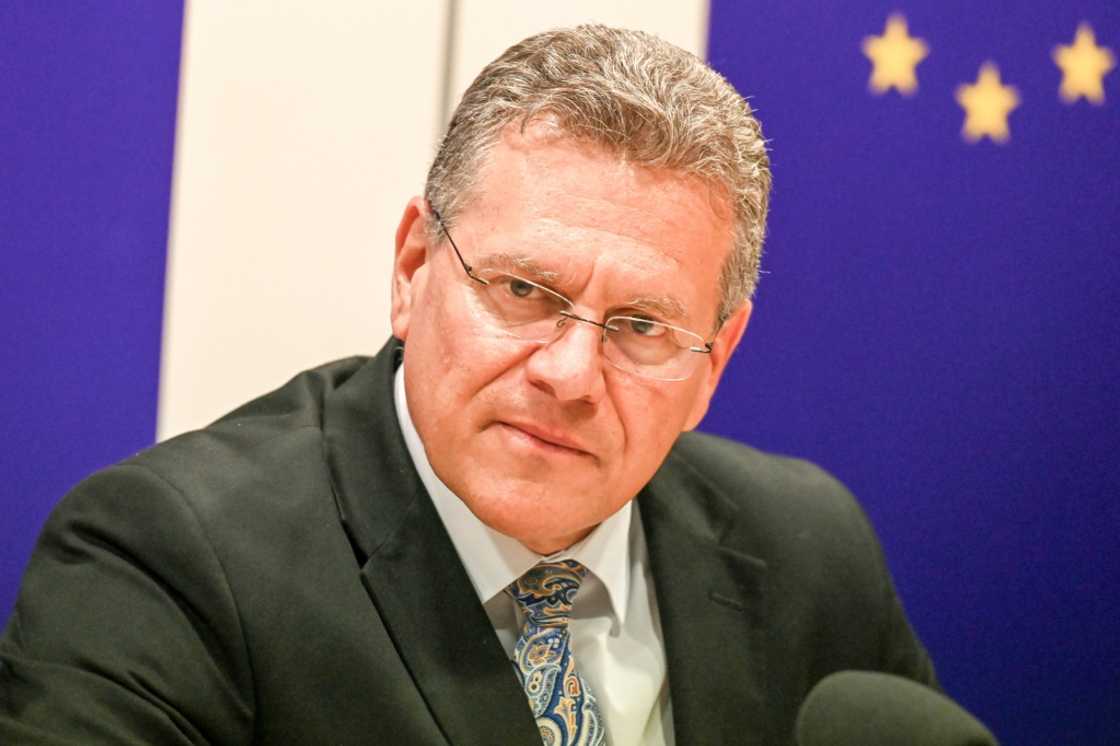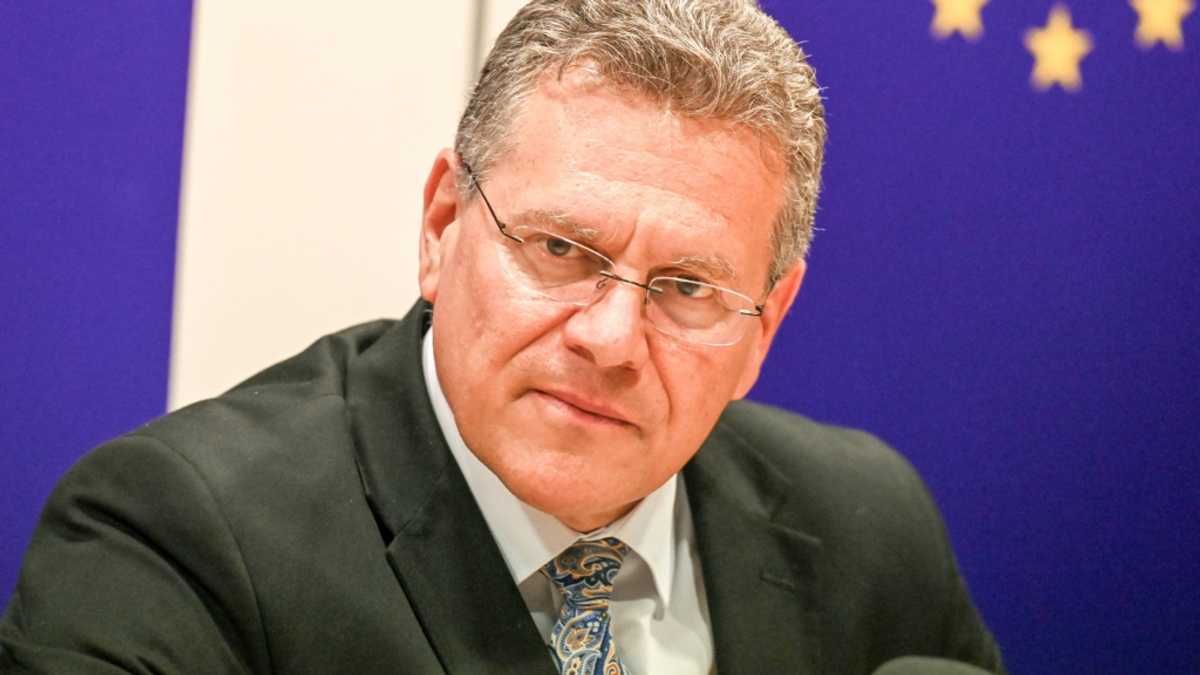
The European Union is accelerating free trade talks with Asia following hefty tariffs by US President Donald Trump, the bloc’s trade chief said Wednesday.
Since March, Trump has implemented several increased tariffs on European products. His most significant action involved imposing a 20 percent tariff on most EU goods last month. However, this was followed by an announcement of a 90-day truce set to end in July.
Priority negotiations with Washington will take place, but they won’t happen “at any price,” according to EU Trade Commissioner Maros Sefcovic, who spoke to journalists in Singapore.
“I want to emphasize that within the current geopolitical landscape, we are ensuring the EU does not place all its bets on a single option,” he stated.
“We are moving forward rapidly with bilateral talks involving Indonesia, the Philippines, Thailand, and Malaysia,” he stated.
The four nations are important members of ASEAN, which consists of ten countries and represents over 650 million individuals in Southeast Asia.
“We are also increasing our interaction with India. Just last week, we held another round of negotiations,” stated Sefcovic.
After signing a digital trade pact between the EU and Singapore on Wednesday, he spoke in the city-state.
“Our goal here is also very clear: to keep signing agreements and remain a reliable, trusted and predictable partner in a rapidly shifting global landscape,” he said.
The commissioner said the EU is also looking at “potential enhanced cooperation” with members of the Comprehensive and Progressive Agreement for Trans-Pacific Partnership (CPTPP).
Signs of ‘de-escalation’
The EU has a surplus of 154 billion euros ($175 billion) against the United States in goods trade, but is in deficit for 104 billion euros in services, Sefcovic said, citing data from the European Statistics Office.
This leaves the EU with a surplus of 50 billion euros, which can be rebalanced by buying more liquefied natural gas, soya beans and high-end computer chips from the United States, Sefcovic said.
Trump has said the deficit is several hundred billion dollars a year.
There is currently a “baseline” levy of 10 percent on goods from the 27-country EU and other nations around the world.
Negotiators are currently working to prevent a comprehensive trade war as higher tariffs are set to take effect in July.
The EU will seek indications of “de-escalation” as American and Chinese officials convene in Switzerland for tariff discussions this weekend, according to the commissioner.
Trump has levied tariffs amounting to 145 percent on products coming from China.
Beijing has responded with tariffs as high as 125 percent on goods coming from the United States.


Leave a Reply